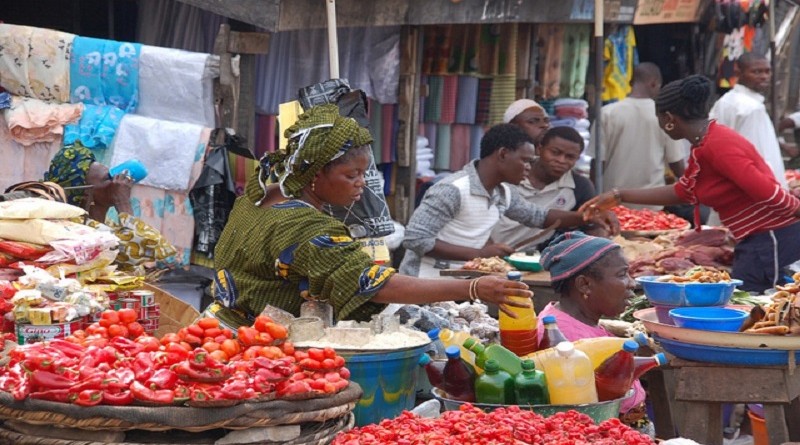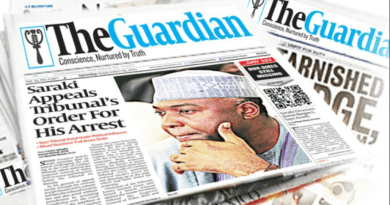Nigeria’s headline Inflation rate hits 25.80% in August 2023
Nigeria’s headline inflation rate jumped to 25.80% in August 2023, according to the Consumer Price Index (CPI) report from the National Bureau of Statistics (NBS). This value exceeded 24.08% in July 2023 by 1.72% points and 20.52% in August 2022 by 5.28% points. According to these statistics, the ordinary Nigerian’s purchasing power has decreased by 25% during the past year. Urban areas experienced an inflation rate that was 3.59% points greater than rural areas in August 2023.
The inflation rate in rural areas was lower, at 24.10%, and was 3.98% points higher than the 20.12 percent reported in August 2022. The rate in urban regions was 3.59% points higher than in rural ones. Since December 2022, there have been eight straight increases in the headline inflation rate; the rate in August was the highest in 18 years.
Inflation has persisted despite efforts by the central bank to reduce it by gradually raising the Monetary Policy Rate (MPR), which has reduced consumers’ purchasing power and raised the cost of living. This is caused by a number of problems, including the lingering effects of the removal of fuel subsidies, higher import prices as a result of the Naira’s depreciation, disruptions in the food supply, and increased production expenses.
Inflation will steadily lower Nigerians’ standard of living and increase the number of low-income earners if it is not controlled, which could result in social unrest and instability. The government must act swiftly to control inflation, including by providing social assistance for the most vulnerable households and a mass transit system to lessen the direct impact of the elimination of fuel subsidies on transportation costs. Additionally, the government can offer tax breaks and other financial incentives to enterprises, particularly those that are about to go out of business.




